In the ever-evolving landscape of consumer preferences, certain products once deemed essential by Boomers are now considered obsolete by Millennials. This generational shift reflects changing lifestyles, technological advancements, and differing priorities. While Boomers cherish these items for their practicality and nostalgia, Millennials often see them as unnecessary relics of the past. This blog post explores 14 such products, highlighting the contrasting perspectives and the reasons behind this generational divide.
1. Landline Phones
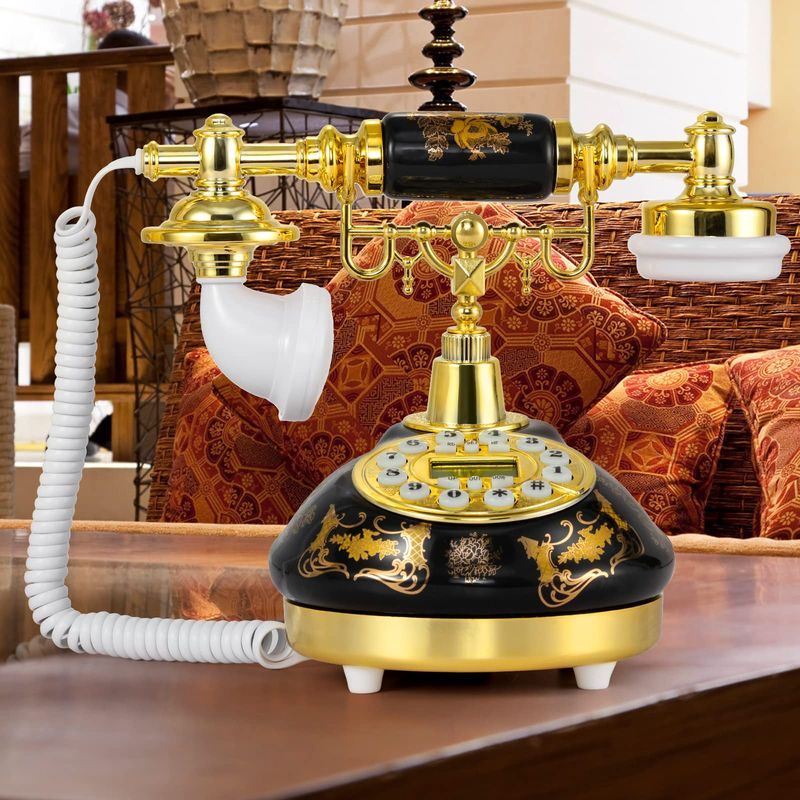
Remember the days when a ringing phone could fill a room with anticipation? For Boomers, landline phones were a household staple. They represented a reliable means of communication, a tether to the outside world. Yet, for Millennials, these bulky devices are viewed as redundant in an era dominated by smartphones. Phones that can fit in your pocket and provide internet access seem far more convenient. The landline’s nostalgic chime now echoes a bygone era where waiting for a call was an event in itself. It’s a relic, charming yet impractical, in a fast-paced digital age.
2. Encyclopedias
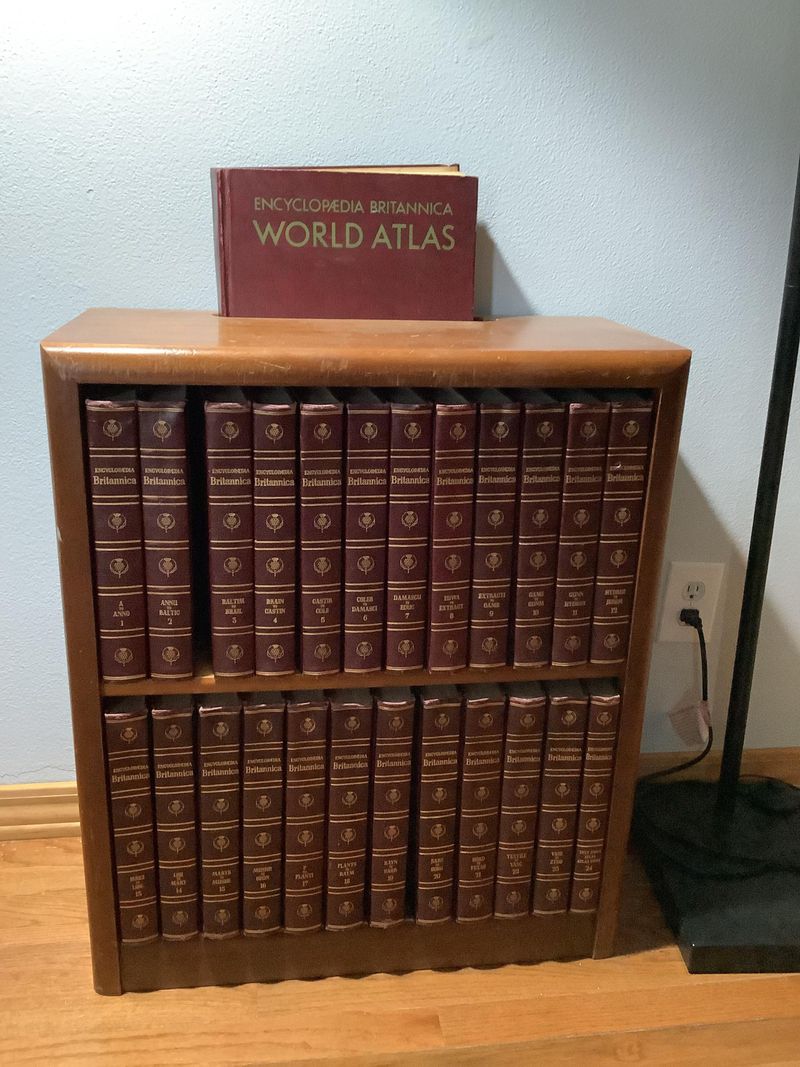
Before the internet, encyclopedias were the gateway to knowledge. Boomers remember leafing through thick volumes, each page a doorway to discovery. Today, Millennials often question their relevance. With instant access to information online, carrying the weight of dusty tomes seems unnecessary. Students and curious minds alike prefer the ease of a Google search. Encyclopedias symbolize a tactile, slower-paced approach to learning, one that some find charming but ultimately cumbersome in a world where speed and efficiency reign supreme. The pages, now yellowing, whisper stories of a more deliberate age of inquiry.
3. Checkbooks
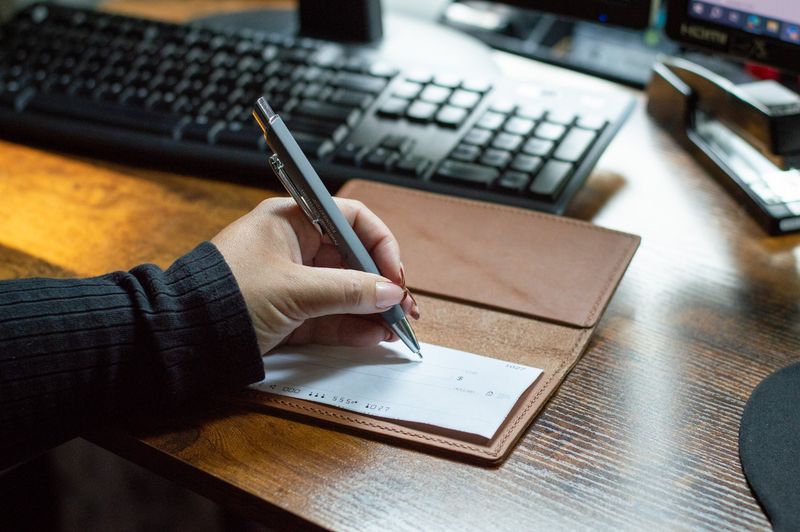
In an era where cashless transactions are king, checkbooks feel like a relic from a distant past. Boomers fondly recall the act of writing checks, a tactile, personal transaction. Yet, Millennials often view them as cumbersome, favoring digital wallets and instant payments. The ritual of balancing a checkbook is seen as unnecessary, replaced by online banking apps that offer real-time updates. Checks evoke a sense of nostalgia, of handwritten promises and signatures. However, in the fast-paced world of digital finance, they are often deemed slow and outdated.
4. Cable TV
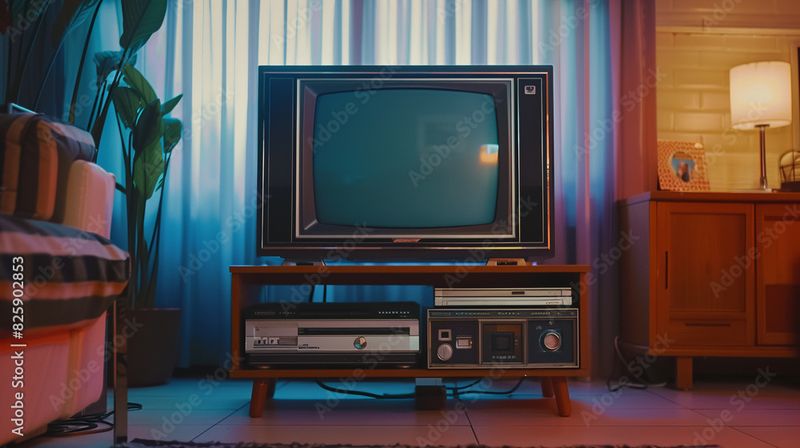
For Boomers, the arrival of cable TV was revolutionary. It offered a plethora of channels and endless entertainment possibilities. Millennials, however, are turning to streaming services, finding the lack of flexibility and high costs of cable less appealing. The rigid schedules and advertisements feel outdated compared to the on-demand nature of Netflix or Hulu. Cable TV, once the pinnacle of home entertainment, now struggles to keep up in a world where content is accessible with a click. The remote control of yesteryears now gathers dust in many homes.
5. Printed Maps

The art of navigating with a printed map is a skill Boomers mastered, unfolding the world in their hands. They speak of journeys where maps guided them through unknown terrains. Conversely, Millennials often rely on GPS and smartphone apps for navigation. Printed maps are seen as cumbersome and prone to errors compared to real-time digital directions. Though they tell tales of adventure, of road trips and exploration, these paper maps are often left in the glove compartment, overshadowed by technology’s precision and convenience.
6. Fax Machines
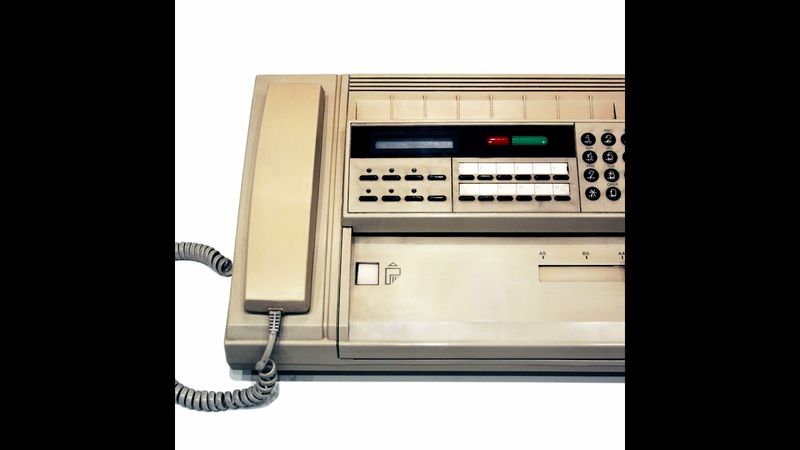
Fax machines once symbolized the cutting edge of office communication. Boomers remember the whirring sounds and the thrill of receiving important documents. Millennials, however, often dismiss faxing as obsolete. Email and cloud storage offer faster, more efficient ways to share files. The analog process of sending a fax seems slow in comparison. While fax machines evoke a sense of nostalgia, they are increasingly abandoned in favor of digital solutions that align with the demands of modern business. They stand as a monument to a bygone office era.
7. Alarm Clocks
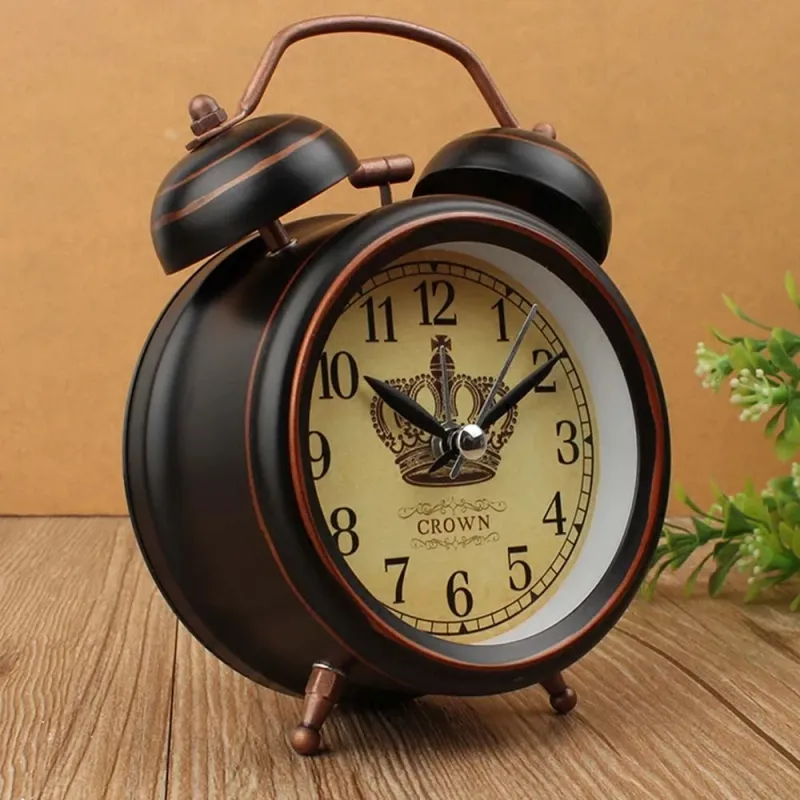
The jarring ring of an alarm clock was once the universal call to wakefulness. Boomers recall mornings punctuated by these mechanical devices. Millennials, however, often opt for smartphone alarms. The digital age offers a multitude of gentle wake-up options. Traditional alarm clocks, with their singular purpose, are often seen as redundant. Their ticking hands and bells seem out of place in a world where multifunctionality is key. Yet, for some, they offer a nostalgic nod to simpler times, a reminder of a world not yet ruled by screens.
8. Rolodexes
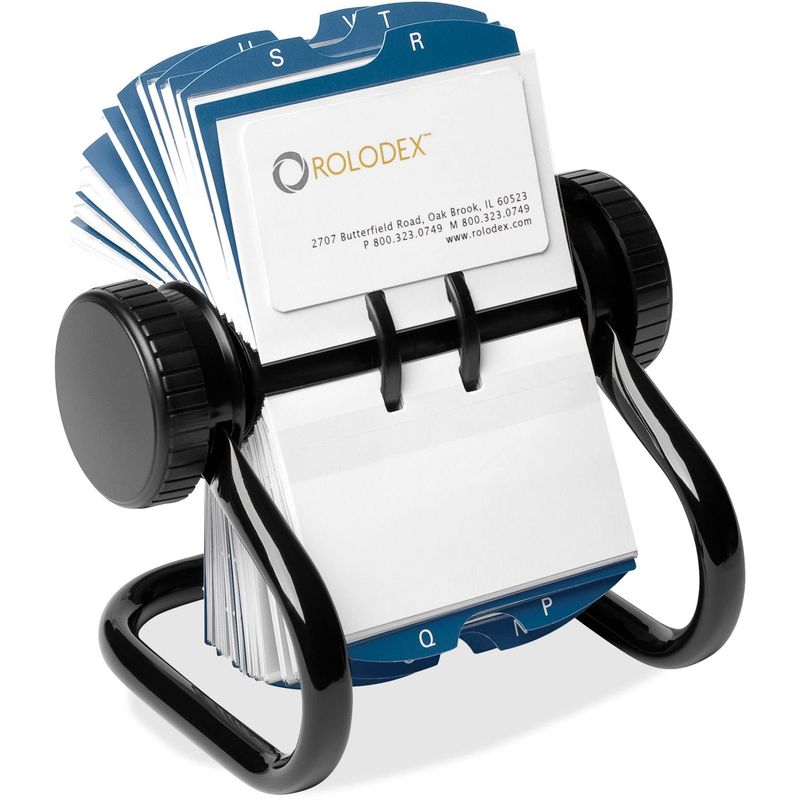
In a world where digital contacts reign supreme, the Rolodex feels like a museum piece. Boomers fondly remember flipping through cards to find a contact. Millennials, however, lean towards apps and digital directories, where information is a search away. The tactile nature of the Rolodex, once a symbol of professional networking, now seems quaint. It represents a slower, more deliberate era of business communication. While it holds nostalgic charm, it struggles to maintain relevance in a digitally connected world where speed and accessibility are paramount.
9. Classified Ads
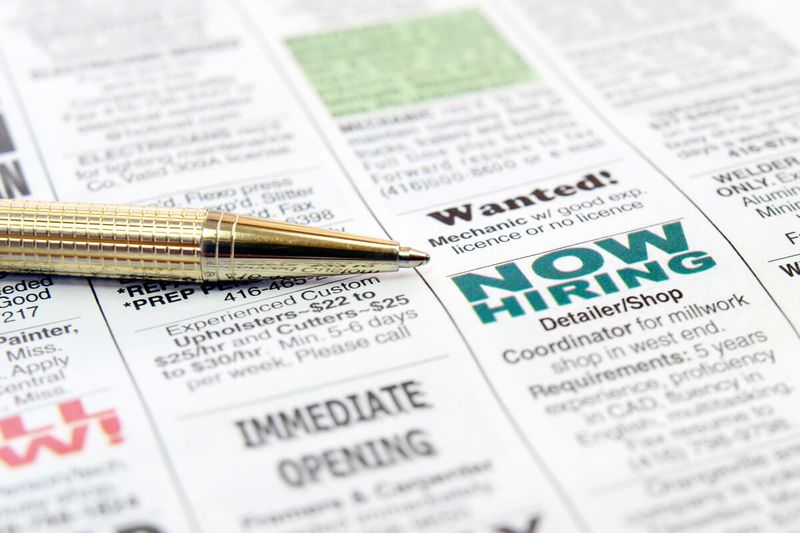
Classified ads were once the cornerstone of job hunting and selling goods. Boomers recall scanning the newspaper, circling opportunities with a pen. Millennials, however, prefer online platforms like Craigslist or LinkedIn. The immediacy and reach of digital ads far surpasses print. While classified ads evoke nostalgia for a bygone era of leisurely Sunday mornings, they struggle to compete in today’s fast-paced, digital marketplace. The ink-stained pages tell stories of a time when finding a job or selling a car was a tactile experience, not just a click away.
10. Cursive Handwriting
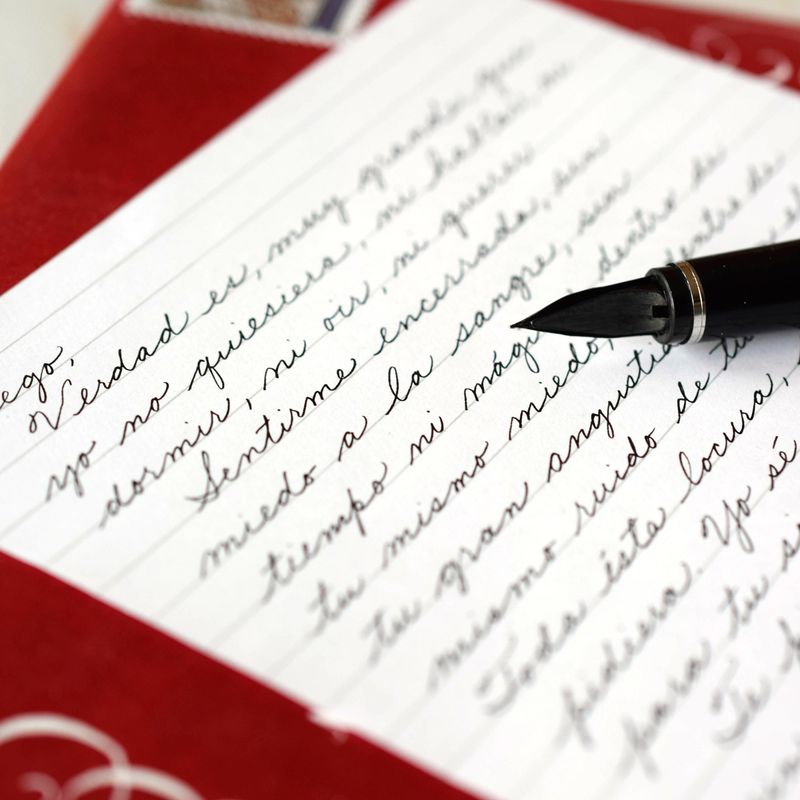
Cursive handwriting once epitomized elegance and sophistication. Boomers recall penmanship classes and handwritten letters. Millennials, however, see it as an archaic skill, often replaced by typing and texting. The art of cursive is fading, viewed as unnecessary in a world where digital communication dominates. While cursive writing carries a sense of nostalgia and personal touch, it is often deemed impractical. The flowing letters, once a mark of educated refinement, now struggle to find their place in an era where keyboards and screens prevail.
11. Reference Books

Reference books were once the backbone of research and knowledge. Boomers remember libraries filled with volumes of facts and figures. Millennials, however, turn to the internet, where information is a click away. The convenience and speed of online searches make carrying hefty books seem unnecessary. While reference books evoke nostalgia for a tactile, thoughtful approach to learning, they are often seen as cumbersome in a world where digital sources provide instant answers. The pages, rich with knowledge, remind us of a time when learning was a slower, more deliberate process.
12. Patterned Wallpaper
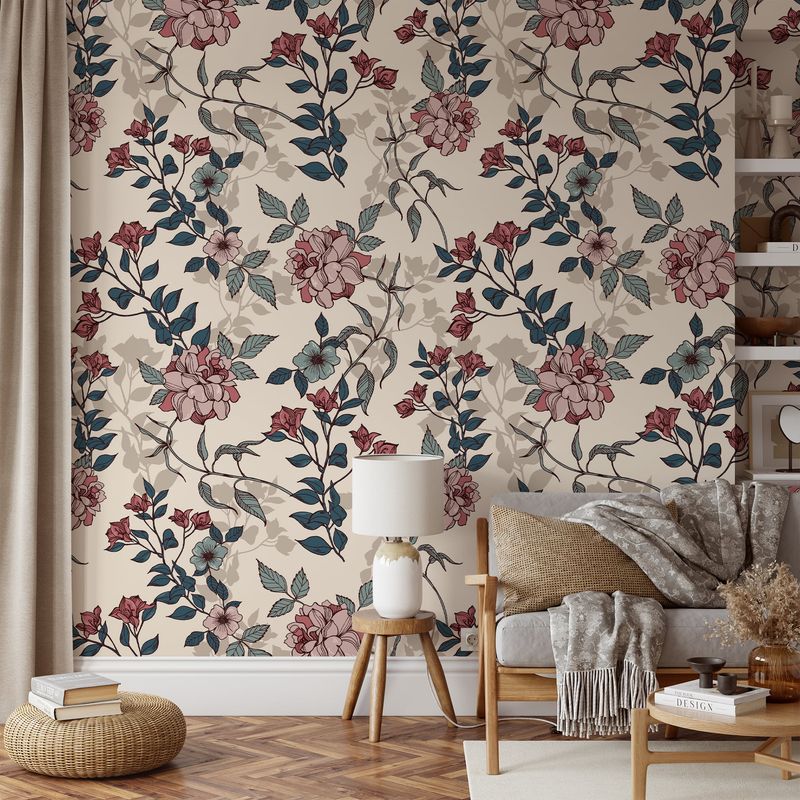
Patterned wallpaper once dominated interior design, adorning homes with vibrant colors and intricate designs. Boomers recall the charm and character it added to spaces. Millennials, however, often prefer minimalist, modern aesthetics, viewing patterned wallpaper as outdated. The bold patterns and colors are seen as overpowering in today’s streamlined interiors. While wallpaper tells stories of past decades, of design trends and personal expression, it struggles to find its place in contemporary homes. The walls, once canvas for creativity, now lean towards clean lines and neutral tones.
13. Pocket Calculators
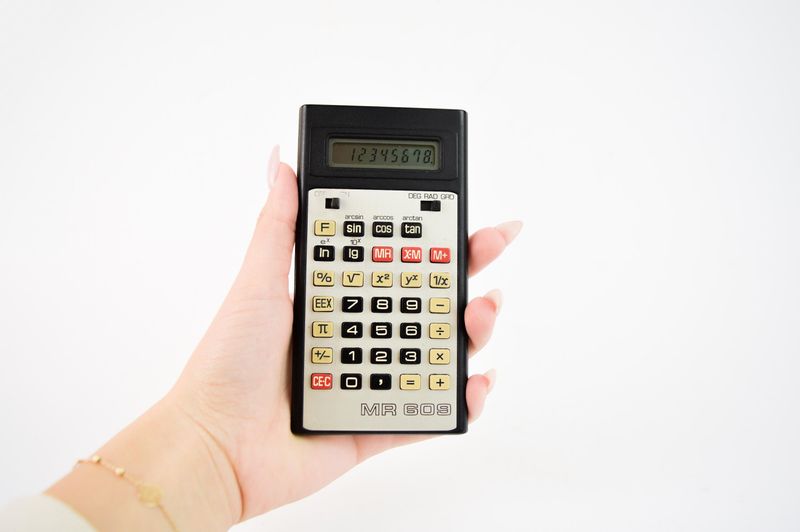
Pocket calculators once represented the pinnacle of academic tools. Boomers recall their school days, where these devices were essential for math classes. Millennials, however, often rely on smartphone apps or computers for calculations. The pocket calculator, with its limited functionality, feels redundant when digital devices offer multifaceted solutions. While they evoke nostalgia for simpler educational tools, they struggle to maintain relevance in a world where technology integrates multiple functions into singular devices. The buttons, once pressed eagerly, now serve as a reminder of a less complex era.
14. Physical Calendars
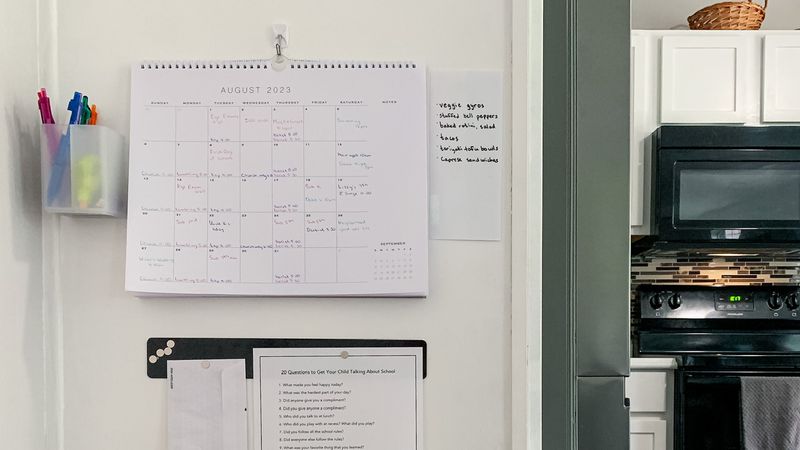
Physical calendars once marked the passage of time with visual flair. Boomers remember flipping pages and marking important dates by hand. Millennials, however, embrace digital calendars, where reminders and updates sync seamlessly across devices. The tactile nature of physical calendars, with their colorful imagery and handwritten notes, carries nostalgia but lacks the convenience of a digital organizer. They evoke memories of a time when planning was a tangible activity, yet in today’s efficiency-driven world, they often find themselves replaced by screens and apps.

